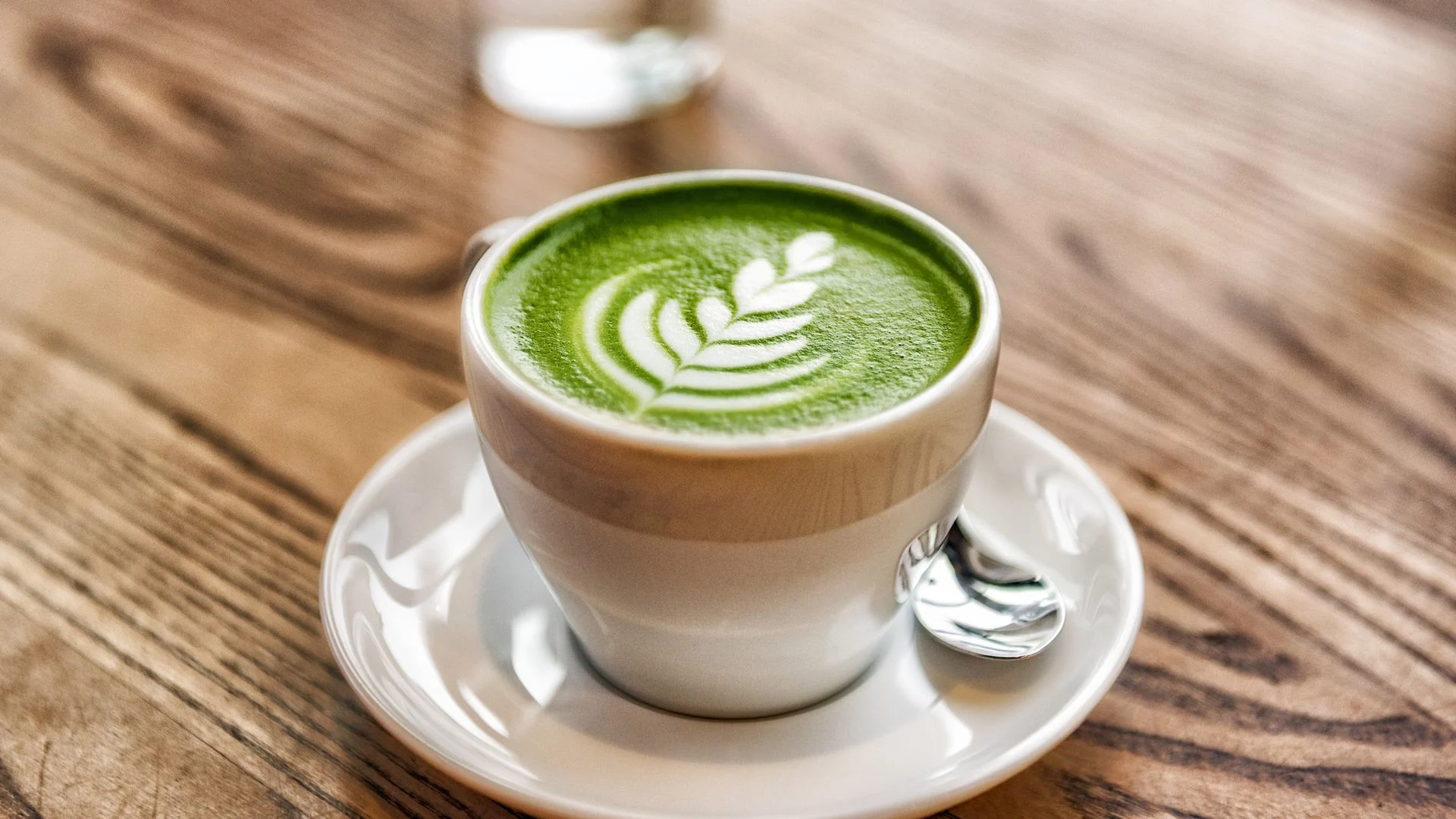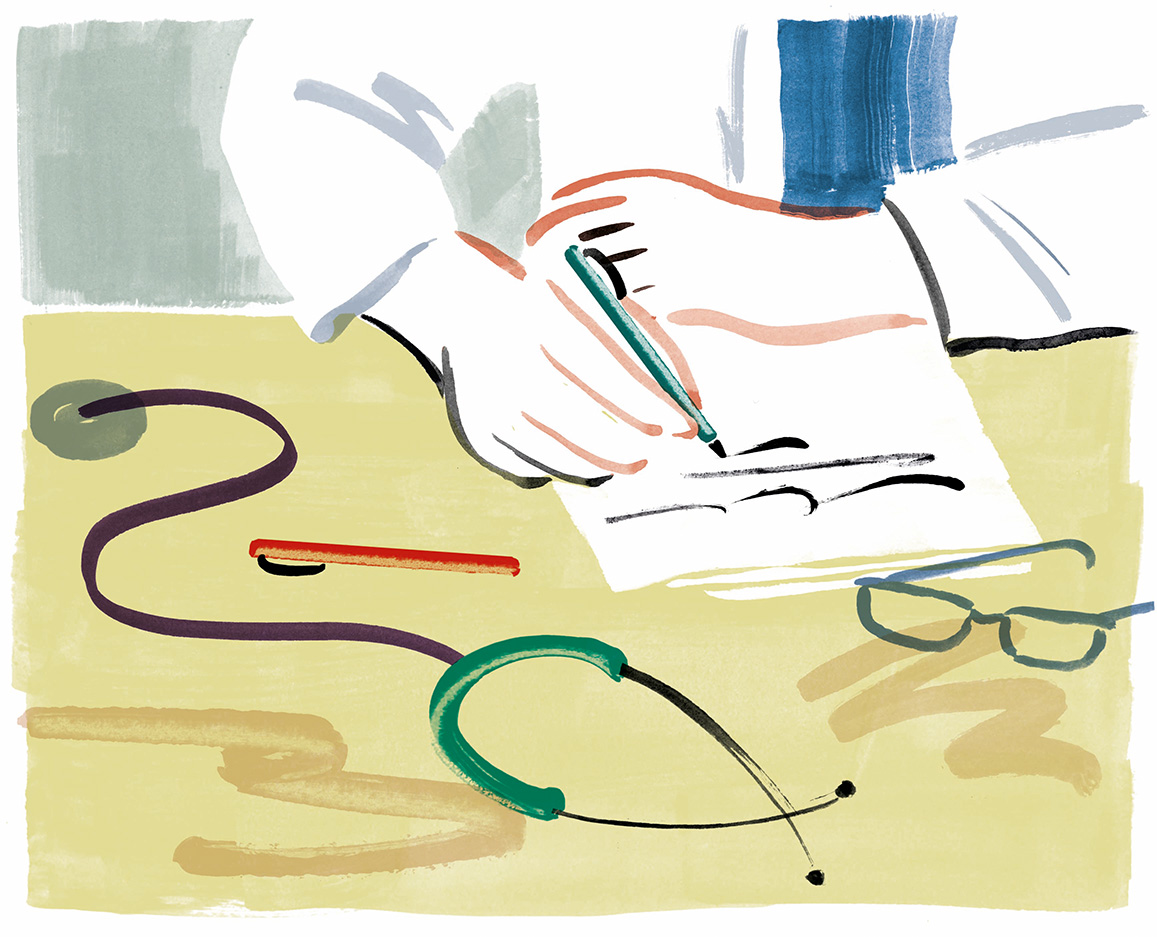By Chloe Couchman
Copyright hellomagazine

Having a cup of coffee after breakfast is a part of my daily routine that I enjoy, but after recently noticing that I was feeling more sensitive to caffeine and experiencing symptoms like jitteriness and energy crashes later in the morning, I decided to see if matcha would be a good alternative. Matcha has seen a huge surge in popularity in recent years, and with the promise of providing a sense of calm alongside a caffeine boost, I can see why even the most devout coffee drinkers are switching to this green tea powder in their droves.
What is matcha?
Matcha is a form of green tea that comes from the same plant as other teas, Camellia sinensis. However, it’s different to other teas in the way it’s grown and processed. During the growing season, the plants are shaded with bamboo mats, which boosts their chlorophyll content and gives matcha its vibrant green colour. After harvesting, the youngest leaves are steamed, dried, and then de-stemmed and de-veined, and the remaining “tencha” leaves are ground into the fine powder we know as matcha – meaning we consume the entire leaf.
Overall health benefits
Matcha can support your health and well-being in many ways, thanks to the high levels of antioxidants it contains. Dr Jenna Macciochi, Director of Science & Innovation at Ancient + Brave, explains: “Matcha is unique because you’re consuming the entire powdered tea leaf, rather than an infusion. That means you’re getting higher concentrations of antioxidants — particularly catechins such as EGCG. L-theanine content helps promote calm alertness, making it ideal for sustained mental performance without the peaks and troughs that can come with other caffeinated drinks.
“In our Matcha + Collagen blend, we’ve added hydrolysed collagen peptides for their role in supporting whole body health as well as functional botanicals and MCT. E.g., we include cinnamon for blood sugar balance, moringa for its cleaning nutrient-dense green phytonutrients, and lion’s mane, a nootropic mushroom traditionally used for cognitive support.”
Other health benefits matcha is said to offer include: supporting a healthy heart; helping bone health; protecting the liver; improving gut health; and aiding weight management.
My experiences of drinking matcha
I found that making matcha was just as quick and easy as coffee, and while I had been concerned whether I would actually like the taste, I needn’t have worried. As someone who prefers a latte or cappuccino to stronger coffee, I appreciated the flavour of my matcha latte and the sweet flavours of cinnamon that feature in my Ancient + Brave Matcha + Collagen blend.
A week probably wasn’t long enough to notice visible benefits from matcha, but I am motivated by the research that shows everything from my blood pressure to my waistline may benefit from regular consumption of this antioxidant-rich drink. However, one area in which I did notice a tangible difference was in my energy levels and mood. The shaky feeling, anxiety and crashes I often experience after caffeine is gone, and replaced by a calm, steady energy that sustained me throughout the day. That alone is enough to tempt me to make matcha a regular part of my routine, and while I don’t think I’m ready to give up coffee completely, it has helped me to recognise that it doesn’t always help me to feel my best, and plays a bigger role in my mood than I ever expected.
Matcha vs. coffee
Matcha is often drunk as an alternative to coffee, and Dr Macciochi says that there are “important differences” in how the body metabolises each drink, which “translates into quite distinct experiences for energy and focus.”
She explains: “Coffee delivers caffeine in a rapid way which provides a quick burst of alertness. For some people, it may also trigger jitters, be followed by energy dips, or a feeling of overstimulation. Matcha, by contrast, contains caffeine alongside a unique amino acid called L-theanine. L-theanine is absorbed in the small intestine and can cross the blood-brain barrier, having a calming effect on the brain, increasing GABA, dopamine, and serotonin, which support relaxation, mood, and focus.
“The combination of caffeine and L-theanine means matcha is a smoother way to enjoy the alert feelings from caffeine, making it a great option for anyone who suffers from caffeine jitters. Both coffee and matcha contain polyphenols, but matcha is particularly rich in a catechin called epigallocatechin gallate (EGCG), a potent polyphenol that functions as an antioxidant, helping to reduce oxidative stress, neutralise free radicals, and support healthy ageing at a cellular level. Matcha has higher levels of EGCG than steeped green tea.”
Can you have too much matcha?
Like with many things, you may notice side effects if you consume matcha in excess. Drinking more than two cups of matcha a day may lead to nausea, slight increases in blood pressure and digestive issues. Stick to a moderate one to two cups a day, and you should avoid these issues and instead feel the benefits that matcha can bring.



